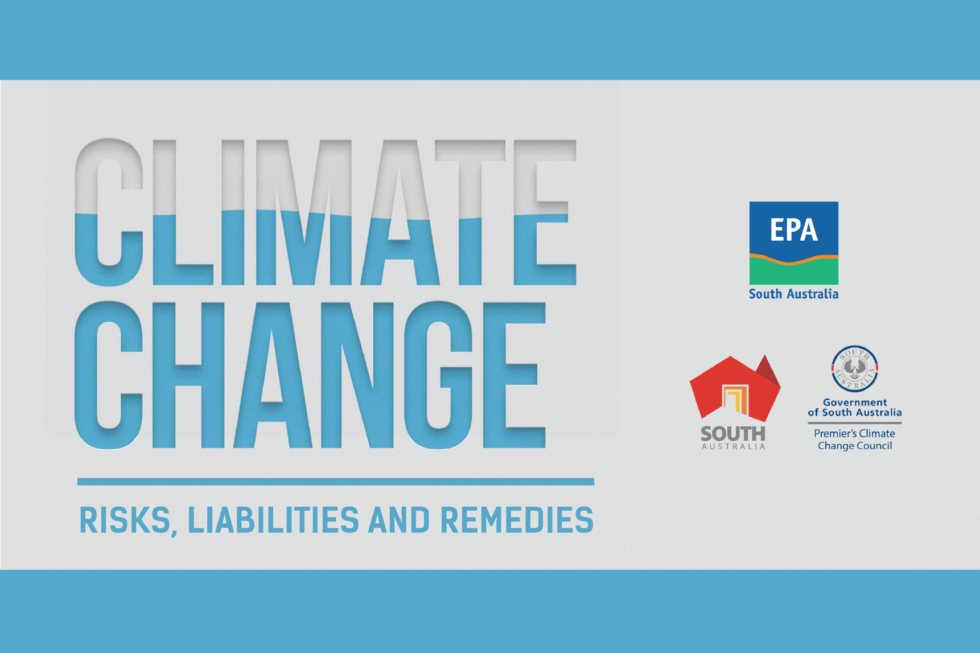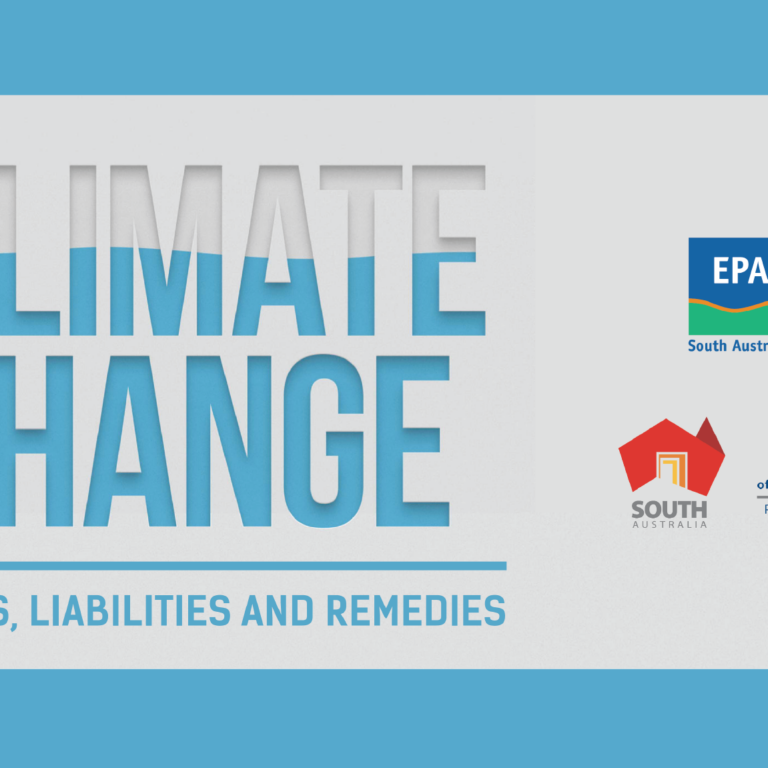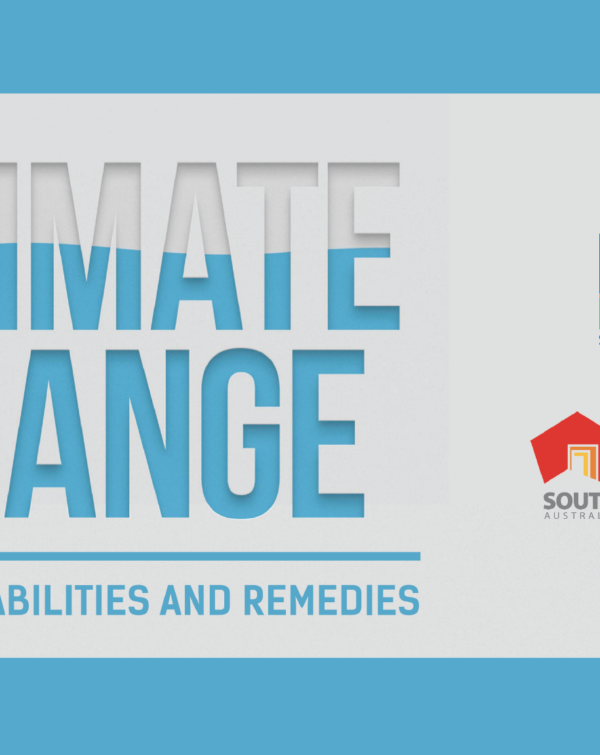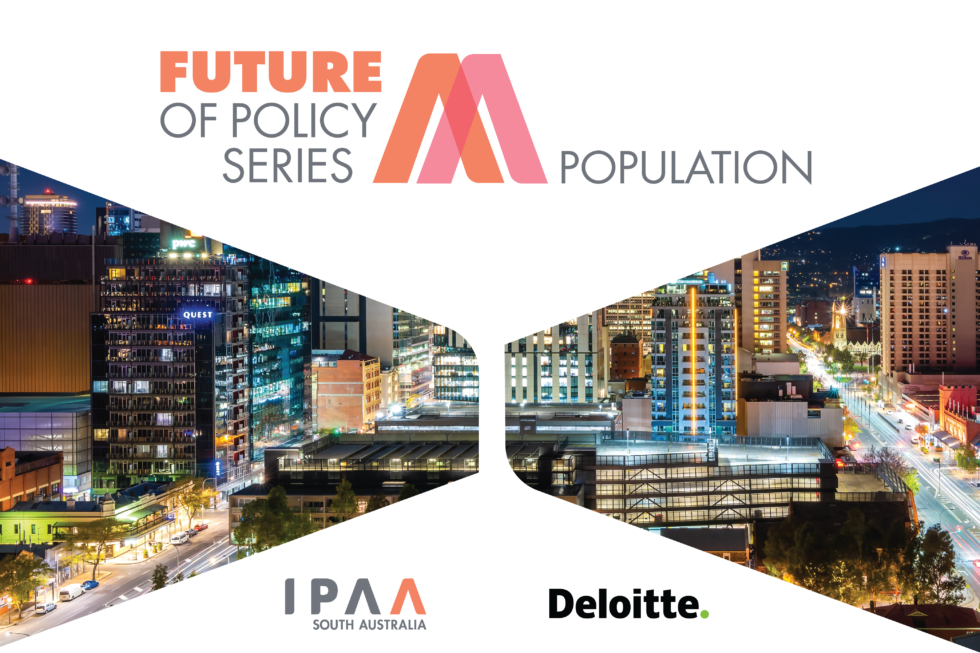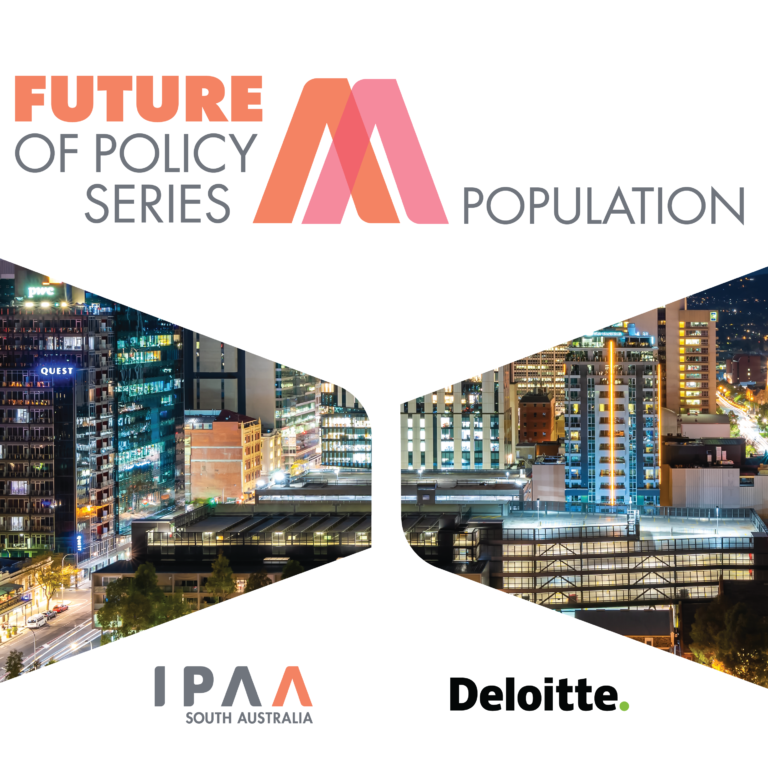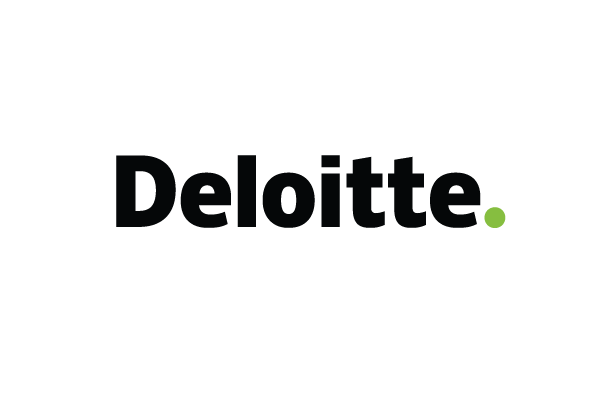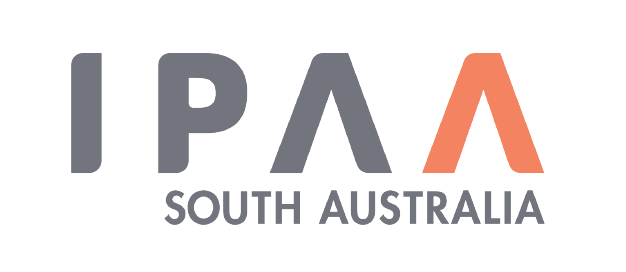This series will comprise of 3 interactive sessions where you will have the opportunity to hear from subject experts on policy matters facing South Australia.
For the first session, we will focus on what South Australia’s growing population means for the state. Net interstate migration is up, which means more people living in Australia are choosing to relocate to SA and call Adelaide home, with fewer people leaving SA to move interstate. The increase in remote working as a result of tech-enabled change has led to opportunities for the state and demonstrate that people can work nationally, or even globally, irrespective of location.
We invite you to join us over a light lunch as we hear from Alison Lloydd-Wright, Department of the Premier & Cabinet, Executive Director – Population Strategy, Aaron Hill, Partner, Deloitte Access and Elizabeth Alvaro, Associate Director, Deloitte Access Economics, as they discuss the new possibilities for the state that these changes have unlocked. Also hear from members of the ‘ForceForty’ group, talented under 40s from all around Australia, who were attracted to SA to set up a business and the reasons they chose Adelaide.
Have your say in how we can build on this positive momentum and attract and retain more young people to secure Adelaide’s place as a globally competitive, mid-sized city.
Future sessions and topics to be announced in the coming weeks.


